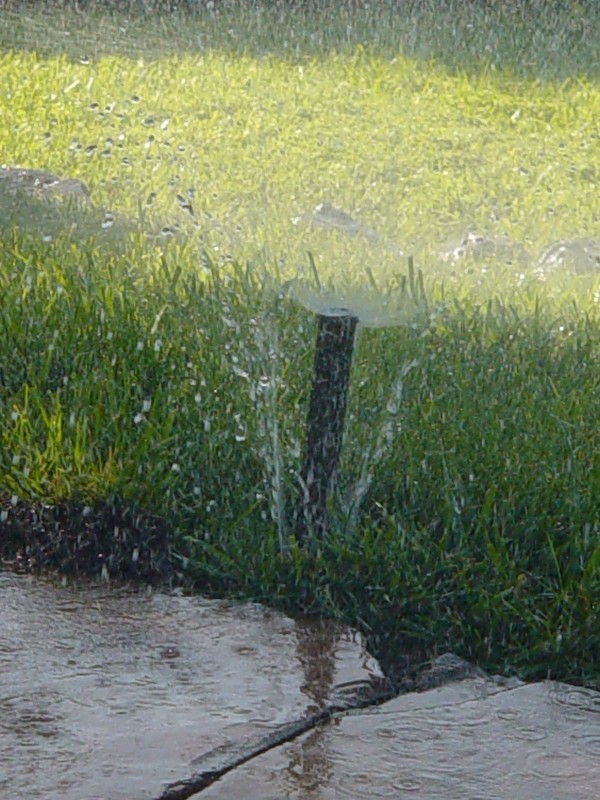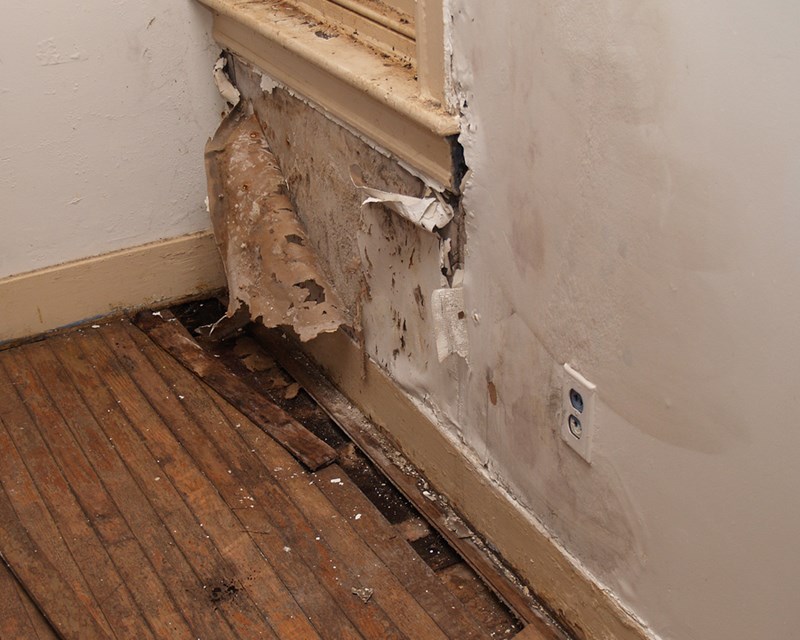The 5 Frequent Water Leak Sources
The 5 Frequent Water Leak Sources
Blog Article
We have unearthed this great article on How to Find and Prevent Water Leaks in Your Home down the page on the web and thought it made good sense to relate it with you on this site.

"Beware of little expenses. A little leak will sink a terrific ship." - Benjamin Franklin.
He could not have been much more right because water leakages in our homes cause a waste of sources, boosting our water bills. Although this boost might appear negligible in the beginning, it can cause substantial expenses that can break your bank. In addition to a boost in expenses, water leaks likewise create unwanted natural growth, structural damage, as well as also electrical risks.
If you have a water leakage isn't constantly very easy due to being not able to see most of the pipework in your house, figuring out. Nevertheless, If you have had a boost in your water expenses lately, discovered water spots on ceilings and also wall surfaces, scented poor smell, etc. You may want to think about requesting plumbing solutions to get it took a look at.
There are several reasons for water leaks, and also we have put together the common reasons listed below. Examine to see if you have actually had relevant concerns in your home recently.
Clogged drains pipes
Food fragments, dust, as well as oil can create stopped up drains as well as block the flow of water in and out of your sink. Raised pressure within the seamless gutters can end and cause an overflow up splitting or rupturing pipes if undealt with. To avoid stopped up drains in your home, we encourage you to stay clear of pouring particles down the drain and also normal cleansing of sinks.
High water stress
You saw your home water stress is higher than common however after that, why should you care? It runs out your control.
It would certainly be best if you cared because your average water stress must be 60 Psi (per square inch) and also although your residence's plumbing system is designed to stand up to 80 Psi. An increase in water pressure can put a pressure on your residence pipes and also bring about fractures, or even worse, burst pipes. If you ever before notice that your house water stress is higher than typical, connect with a professional concerning regulating it.
Corrosion
As your pipework ages, it obtains weaker and much more at risk to rust after the constant passage of water via them, which can gnaw at pipelines and also create splits. A visible sign of rust in your house plumbing system is staining and although this might be hard to discover as a result of a lot of pipes hidden away. We recommend doing a frequent examination every few years and transform pipelines once they are old to make certain an audio plumbing system
Compromised pipe joints
Pipeline joints are the parts of our plumbing system where the pipelines link. It is necessary to note that also though pipelines are designed to stand up to stress and last for a while, they weren't created to last for life; as a result, they would certainly weaken over time. A typical indication of harmed pipe joints is too much noise from faucets.
Busted seals
An additional reason for water leakages in homes is broken seals of house devices that use water, e.g., a dish washer. When such appliances are set up, seals are set up around water adapters for easy flow of water via the machine. Thus, a damaged seal can create leakage of water when being used.
With little or no understanding of plumbing, understanding your house's plumbing system adequate to take care of some of these concerns (without effect) can be a headache. Connect with plumbing specialists in Pittsburgh, Providence, Rochester, and also environ today, as well as they'll make those issues go away.
He couldn't have been a lot more ideal since water leaks in our homes result in a waste of resources, boosting our water costs. If you have had a rise in your water expenses lately, discovered water stains on ceilings and wall surfaces, scented poor smell, and so on. A boost in water pressure can put a pressure on your residence pipelines as well as lead to cracks, or even worse, ruptured pipelines. An additional reason of water leaks in homes is broken seals of residence devices that utilize water, e.g., a dish washer. When such appliances are mounted, seals are installed around water connectors for simple flow of water through the device.
5 TIPS IN DETECTING A WATER LEAK IN YOUR HOUSE
Water leaks can be hard to find in your home, yet they can be so common. We rely on water every day in our home, which is why a leak can cause big problems. By detecting them early, you can save money and further damage, getting the problem fixed as soon as possible. Here are 5 tips to help you detect a water leak in your home, so you can contact a plumber straight away and get the issue sorted.
Check your water meter
Many people underestimate the value of the water meter in their home. It can be one of the best ways to tell if you have a leak early on, so you can get on top of it before issues start arising. Start by turning off all the water in your home: taps, washing machine, dishwasher, etc. Now take a look at the meter – if it’s still changing with everything turned off, it’s likely you have a fast-flowing leak that you need to get on top of straight away. If nothing changes, then leave your meter for an hour or two and come back to it. Did it change in this time? It’s likely you have a slower leak, which isn’t as urgent but still handy to get fixed so it doesn’t become a bigger problem.
Keep an eye on your bill
Another good way to detect a leak in your home is by keeping an eye on your water bill. It helps if you have a past bill from the same period of time. You can compare like for like and determine whether your water usage has increased significantly. If it has, there may be a leak in your system that you haven’t picked up before. A professional plumber can check through all of your pipes and determine where it is coming from.
Look for damage
If you have a leak inside your home, you will notice damage over time. Take a look at your showers and bathtubs and note whether any of the tiles surrounding the area seem to be discoloured or damaged in any way. There may be water stains, mould or peeling material that has resulted from a build up of moisture over time. Make sure you take a look under sinks at the back of cupboards that don’t get accessed regularly. This is where damage can go unnoticed and build up over periods of time.

Do you like reading up on How to Find and Prevent Water Leaks in Your Home? Make feedback down the page. We will be glad to find out your opinions about this article. In hopes that you come back again later on. Sharing is good. Helping others is fun. Thank you for going through it.
Best fix? Dial! Report this page